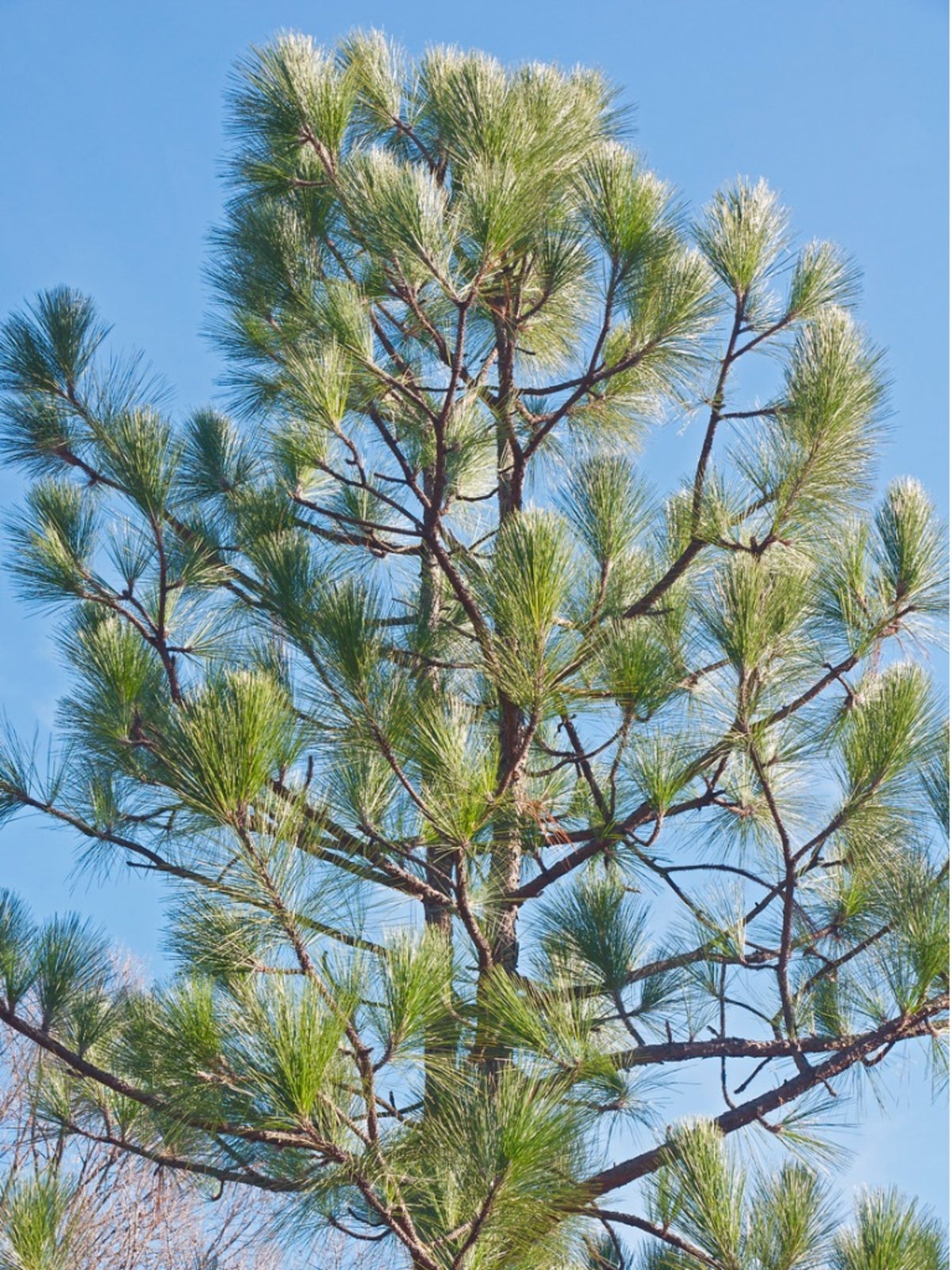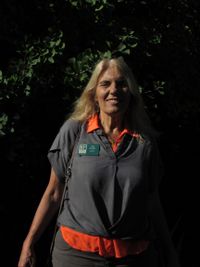What Is A Longleaf Pine Tree - Longleaf Pine Care Guide


Not everyone is familiar with longleaf pine trees. What does a longleaf pine look like? These evergreens are beautiful, native North American pine trees with extremely long needle leaves. They make attractive specimen trees in the landscape and work well as shade trees.
Are you interested in a few more longleaf pine facts? Read on. We’ll give you info on the longleaf pine growth rate as well as the cultural care it requires.
Longleaf Pine Facts
The longleaf pine tree is native to the Southeastern United States. These trees are quite tall, growing to a height of 80 feet (24 m.) or even 100 feet (30 m.), with a spread of half the height, and they shoot up in the blink of an eye. The longleaf pine growth rate is fast, up to 36 inches (91 cm.) a year. They stand erect and require quite a bit of growing room.
According to longleaf pine facts, these are quite long-lived for pines. They can live for 150 years. Historically, the longleaf pine tree was used for making boats and it is still used for lumber today. The wood is heavy, strong and durable.
What Does a Longleaf Pine Look Like?
The long, long needles are the defining feature of the longleaf pine tree. They are bright green and slender, growing to 14 inches (36 cm.) or even 18 inches (46 cm.) long. They appear in feathery clusters of three needles, tufted at the tip of the branches.
As the tree matures, the bark develops into flaky plates of irregular size. You might also notice the flowers in spring. Male flowers are long and yellow-red, females are purple. The male cone is purple-blue, while the female is a deep purple, up to 10 inches (25 cm.) long.
Longleaf Pine Care
If you have these trees on your property, you’ll find that longleaf pine care isn’t very difficult as long as they are planted in an appropriate site. A longleaf pine tree does best in a site that gets full and direct sun and offers well-drained soil. It thrives in U.S. Department of Agriculture plant hardiness zones 7 through 10.
Sign up for the Gardening Know How newsletter today and receive a free copy of our e-book "How to Grow Delicious Tomatoes".
Select a planting site carefully, since this is a tree that doesn’t like to be moved. It is also vulnerable to ice and storm damage and doesn’t do well in lightning, high winds or drought. It starts its life in what is known as its “grass-like" stage, staying short and tufty for five years before starting to add height.

Teo Spengler is a master gardener and a docent at the San Francisco Botanical Garden, where she hosts public tours. She has studied horticulture and written about nature, trees, plants, and gardening for more than two decades, following a career as an attorney and legal writer. Her extended family includes some 30 houseplants and hundreds of outdoor plants, including 250 trees, which are her main passion. Spengler currently splits her life between San Francisco and the French Basque Country, though she was raised in Alaska, giving her experience of gardening in a range of climates.